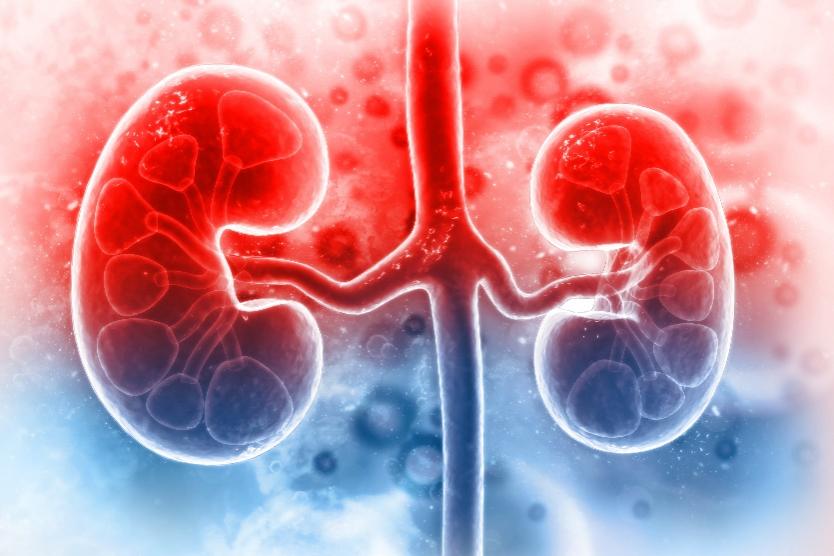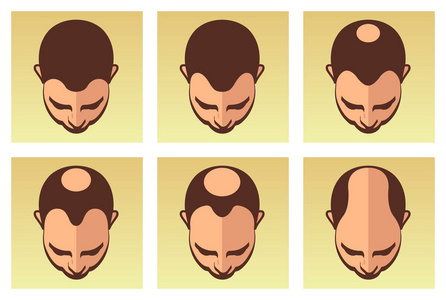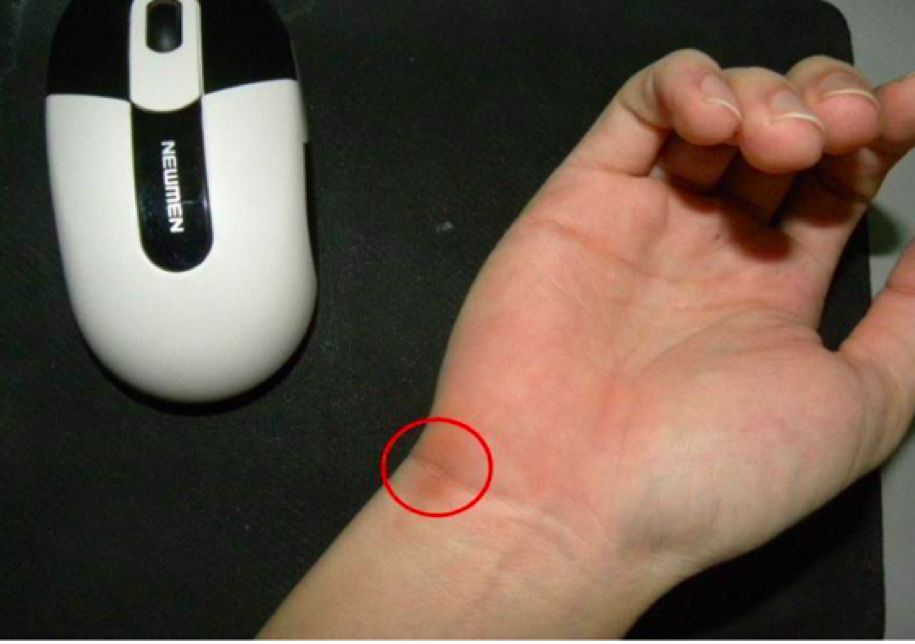A health topic that is very relevant to our lives - stroke. This medical term may sound a bit esoteric but don't worry, let's unravel the mystery of stroke.
First, let's understand stroke, also known as a stroke. A stroke is like a "blackout" of the brain, not a simple malfunction, but a serious short-circuit of the nervous system.
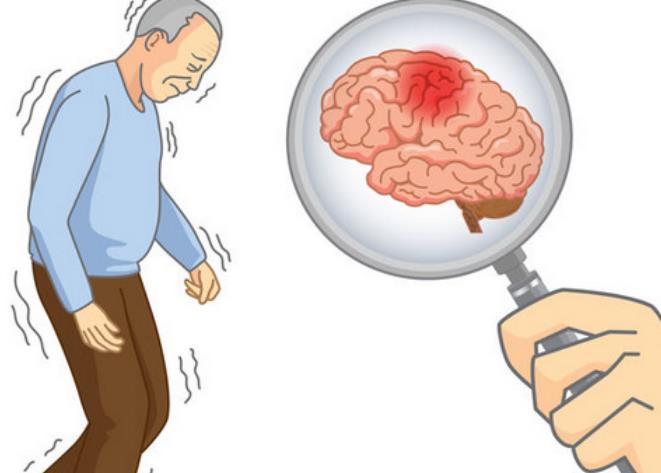
Imagine you are making a PPT for an important report, and suddenly the computer is "stuck", the screen becomes black, and the mouse and keyboard also seem to be "on strike". At this moment, your mood can be described as "desperate". For a stroke, the brain is like a city that suddenly loses power, and all areas of the brain begin to work chaotically, and some areas may be "paralyzed".
So how do we install an uninterruptible power supply to the brain to avoid this "blackout"? We need to control our blood pressure, blood sugar and lipid levels, exercise more, eat less fatty foods, and stop smoking and drinking. This is like building a strong protective barrier for the brain to keep it safe from unexpected "lightning strikes".
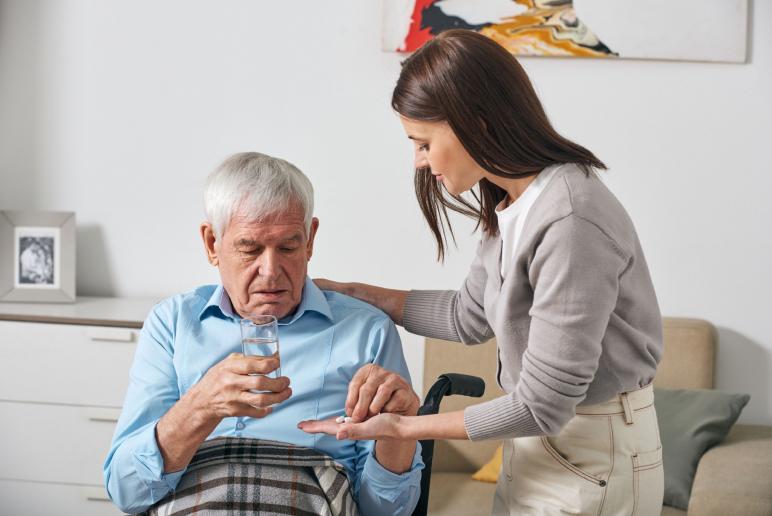
Strokes don't happen for no reason; they often follow a series of emergency signals from the body. Just as the brain is sending us SOS signals, this is a time when we should not take things lightly but should learn to listen to our body's cries for help.
The first sign of a stroke may be a sudden headache. This is not the usual mild discomfort, but a sharp pain, as if the brain is sending a thunderous warning. If you suddenly get an unbearable headache, stop what you're doing and give yourself a moment to see if this is your body signalling a warning.
Numbness of the facial muscles is one of the common symptoms of a stroke. Just as a computer loses function in one area when it malfunctions, a part of the brain may lose its normal function due to an interruption in blood supply. If you suddenly feel numbness on one side of your face or feel slurred when you speak, this is your body signalling an emergency that should not be ignored.
Slurred speech is also a classic symptom of a stroke. The brain is responsible for controlling our ability to speak, and when a problem occurs in one area, our speech may become confused and slurred, like a bug in a computer program. If you find yourself speaking unusually, or if people around you suddenly start to have trouble understanding your words, it's your body's way of sending you an urgent warning to be taken seriously.
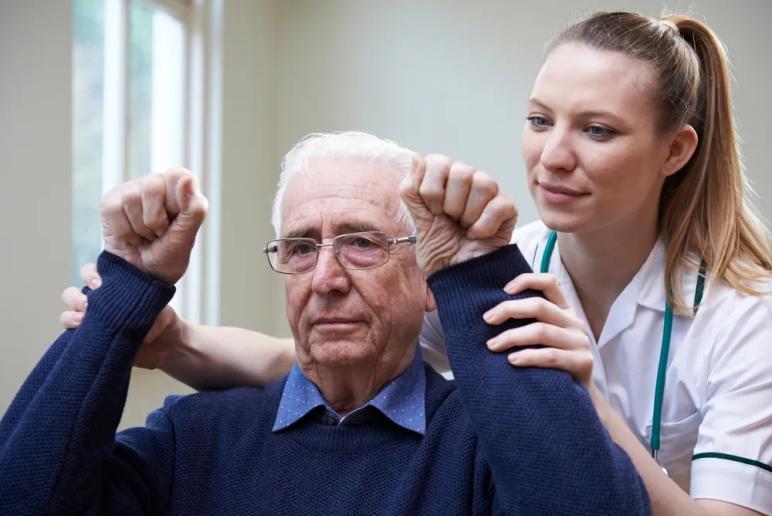
When your body sends these emergency signals, remember not to take it lightly. Call the emergency number immediately and seek professional medical help. Just as we would seek professional technical support in the first instance when our computer encounters an emergency malfunction, emergencies in the brain require the prompt intervention of a medical professional. Do not try to solve the problem on your own, as time is of the essence for brain recovery and every minute may determine the subsequent recovery.
The symptoms of a stroke are like an emergency alert from the brain, an SOS signal from the body. We need to learn to listen to these signals and not take the body's cries for help lightly. With timely first aid and professional medical intervention, we have the opportunity to minimize the impact of a stroke and protect our brain from the "blackout" crisis. Caring for your body is the best investment you can make in your life. Once a stroke occurs, don't try to fix it like you would a computer. Seek medical attention and get it done by a professional. Just like a computer problem, we need to find a computer repairman who knows what he is doing and find a "doctor" for your brain.
